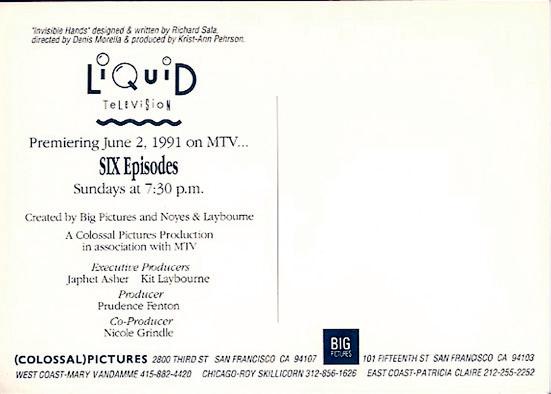




Those who knew Richard Sala will tell you that one of the things they miss most are the conversations. Richard was a fount of knowledge and a great conversationalist, and it was a joy to talk with him endlessly about artists and writers and film and comics and projects and life. There are moments when I’ll have a question and think I can call him on the phone or send him an email, only to realize, I can’t.
Fortunately, Richard was interviewed frequently, and those interviews survive in print and online, and it’s there that we find many of the answers to our questions. — Dana
Leroy Douresseaux interviewed Richard for the Comic Book Bin website (comicbookbin.com), dated April 17, 2007.


DOURESSEAUX: What led up to your decision to self-publish Night Drive and was that your first attempt at making comics?
SALA: It was, unless you count the issues I drew and stapled together as a kid. Also — when I was first at college I did some strips — I remember they were inspired by Heavy Metal magazine and European guys like Druillet and Jean-Claude Forest. But they were kind of forced. It wasn’t me. In art classes I was drawing portraits of characters from German Expressionist films, like [The Cabinet of] Dr. Caligari — but I couldn’t imagine that working in comics at that time. This was just before the punk scene exploded and after most undergrounds had died out, so at that time Heavy Metal and some of the later undergrounds like the Richard Corben stuff — that was about the only alternative to

all the superheroes and barbarians and (God help us) funny animal comics that were popular at the time.
I always liked the old-time Golden Age comics — the cruder the better! — and I always loved Jack Kirby. The Demon was the very last mainstream comic book I continued to buy throughout high school — even after I had a girlfriend! It’s still my all-time favorite Kirby title. But by the time I was in college in the late 1970s, there just wasn’t the kind of work out there that I could see myself being a part of.
I was actually trying to get work as a writer. I was sending manuscripts to the science fiction digests. I got some nice rejection letters — they basically said, this story you sent is okay, but it’s not science fiction. I was just sending them the kind of work that I’m still
